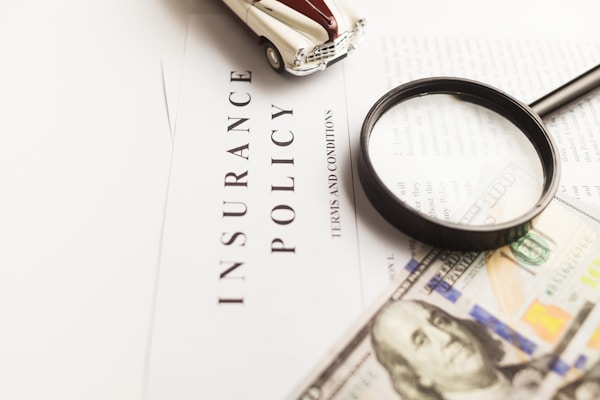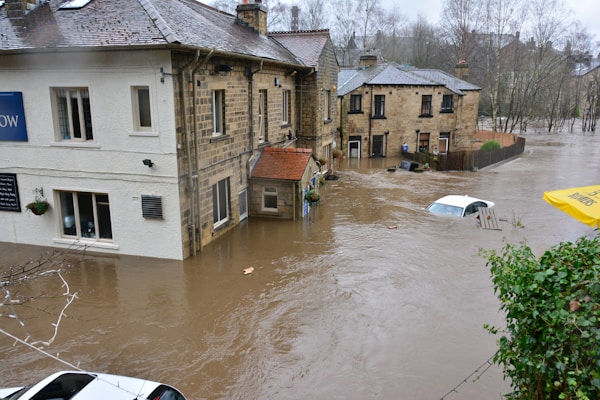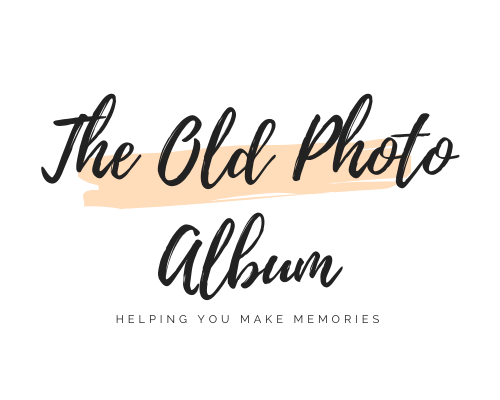Protecting your home and vehicle in Virginia is paramount to sticking with your budget and keeping your finances on track while protecting two of the most valuable assets you can have. Anything can happen that could put your home and car at risk, leaving you to pay out of pocket for repairs or replacements. That’s why you need to have a quality insurance policy to protect your Virginia assets.
But how do you choose the right home and car insurance policies? You can take a few steps to ensure you’re choosing the best insurance for your needs. Keep reading for tips on choosing the right Virginia home and car insurance policy.
Understand the various coverage options available for car and home insurance.

When looking for car or home insurance, you need to understand the different types of coverage available and what each one covers. There are four main types of car insurance coverage that include liability, collision, comprehensive, and medical payments.
Liability insurance covers injuries or damages that you cause to others. It is required in most states. Collision insurance pays for damage to your car caused by an accident. Comprehensive insurance pays for damage to your car caused by something other than a collision, such as theft or vandalism. Medical payments coverage pays for injuries to you and your passengers, no matter who is at fault in the accident.
The types of insurance coverage typically included in a home insurance policy vary as well. However, there are some standard types of coverage that are typically included in a home insurance policy, such as property damage, liability, and personal property coverage.
Property damage coverage protects the insured’s property from damage or loss caused by a covered event, such as a fire or theft. Liability coverage protects the insured from legal expenses and damages that may be awarded to another person as a result of an accident that the insured is found liable for. Personal property coverage protects the insured’s belongings from damage or loss, such as if their home is damaged in a fire. Some home insurance policies also include coverage for additional events, such as water damage or vandalism.
It is important to know what each type of coverage covers so that you can choose the right policy for your needs. Be sure to ask questions about the coverage options for each policy you’re considering. You don’t want to be surprised when you need to file a claim and find out that your policy does not cover the type of damage or injury you experienced.
Make sure you’re aware of the exclusions and limitations of any policy you consider purchasing.

When looking for a home or car insurance policy, it is important to be aware of the exclusions and limitations of the policy. This will help you understand what exactly the policy covers and does not cover. For example, some policies may not cover damage caused by floods or windstorms. Others may not cover theft if an item was not locked up or if it was taken from outside your home. It’s critical to read through the policy carefully so that you are aware of these types of exclusions and limitations before purchasing a policy.
Shop around and compare insurers to find the best rates.

The best way to find the right insurance policy for your needs is to compare rates from various insurers. If you go with the first insurance company you find, it’s unlikely that you’ll find the best deal.
There are a few ways that you can compare different insurers to find the best rates. The first way is to use a website that compares rates for you. There are a few of these websites available, and they can make comparison shopping easy. All you have to do is enter your information into the website, and it will compare rates from different insurers.
Another way to compare rates is to call different insurers and ask for quotes. This can be a little time-consuming, but it is a good way to get a variety of quotes. You can also ask friends and family members if they have any recommendations for insurers.
Finally, you can go to the website of the insurance company and look at the rates that they offer. This is a good way to get an idea of what the company offers, but it is not always the best way to compare rates based on your personal situation.
Find your next insurance policy in Virginia.
By following these tips, you should have no trouble finding the best insurance policies for your home and car in Virginia. Remember to familiarize yourself with the coverage options, be aware of exclusions and limitations, and compare insurers.

